I wrote last about a Sacramento developer who demolished the building on a property to build a mixed-use development. But, the market crashed, the developer defaulted, and the property was foreclosed by trustee’s sale. The lender than sued; in the last post I discussed the claim for bad faith waste.
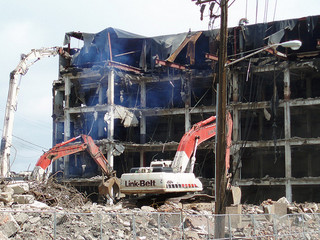 In Fait v. New Faze Development, Inc., the lender also raised a claim for “intentional impairment of security”, meaning that the borrower intentionally reduced the value of the property which was security for the loan. The defendants again argued that there was no evidence that they acted with intent to harm the value of the real estate. However, the court noted that, in prior decisions, even though the defendants likely knew that their conduct would reduce the value of the property, the courts never required an “intent to harm.” This dies not need to be proven for intentional impairment of security.
In Fait v. New Faze Development, Inc., the lender also raised a claim for “intentional impairment of security”, meaning that the borrower intentionally reduced the value of the property which was security for the loan. The defendants again argued that there was no evidence that they acted with intent to harm the value of the real estate. However, the court noted that, in prior decisions, even though the defendants likely knew that their conduct would reduce the value of the property, the courts never required an “intent to harm.” This dies not need to be proven for intentional impairment of security.
Also, this lawsuit was against the corporate borrower plus individual employee defendants. The defendants claimed that the individuals could not be liable for impairment of security as innocent agents of New Faze. Again, the court ruled against them. A prior decision established that third parties could be liable for impairment of security. Civil Code section 1714 provides that everyone is liable for the result of his willful acts, and also for the want of ordinary care or skill in the management of his property or person. As third parties can generally be liable for negligent impairment of security, the defendants had to show that the individuals acted with ordinary care or skill with respect to the security interest in the property.




 In
In In
In 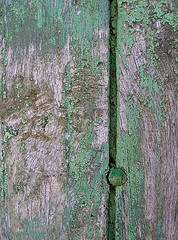 In
In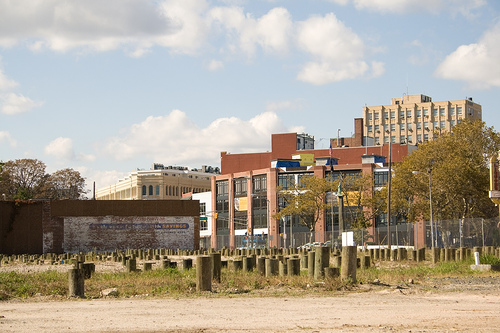 In
In  The borrower in
The borrower in 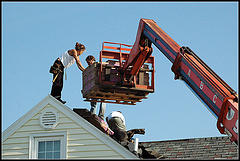 In
In  In
In 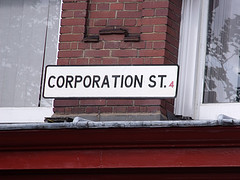 In
In 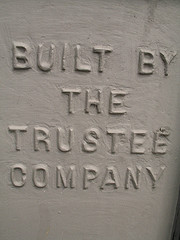 The purchase contract required arbitration, so the court ordered the case to arbitration. The arbitration resulted in an arbitration award of more than $1.6 million to the plaintiff. The arbitration award, however, was not against the trustees, but against the trust itself, and the partnership. The arbitrator found that the trustees “are not personally liable for their acts as trustees.” Anyone in such a situation should consult an experienced
The purchase contract required arbitration, so the court ordered the case to arbitration. The arbitration resulted in an arbitration award of more than $1.6 million to the plaintiff. The arbitration award, however, was not against the trustees, but against the trust itself, and the partnership. The arbitrator found that the trustees “are not personally liable for their acts as trustees.” Anyone in such a situation should consult an experienced